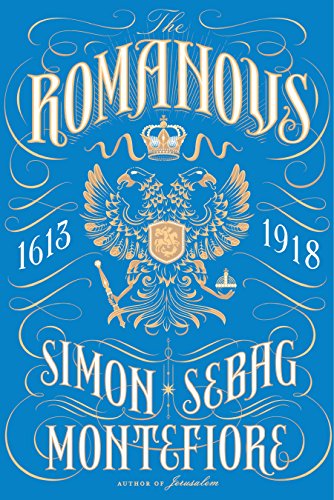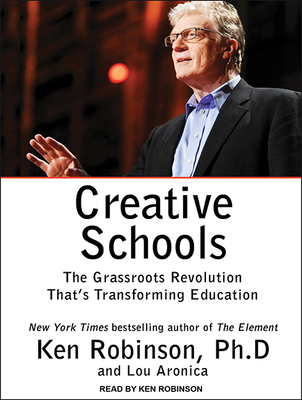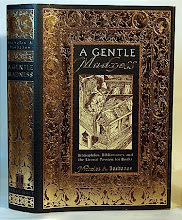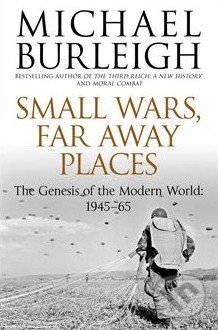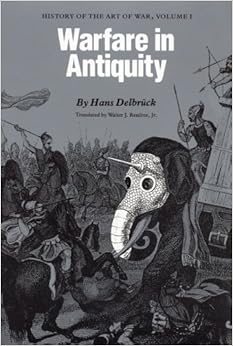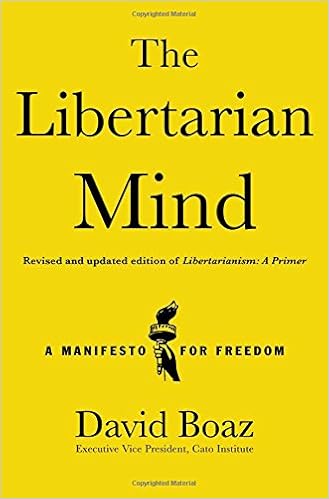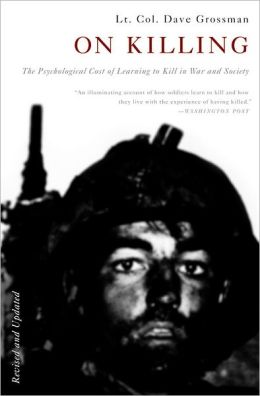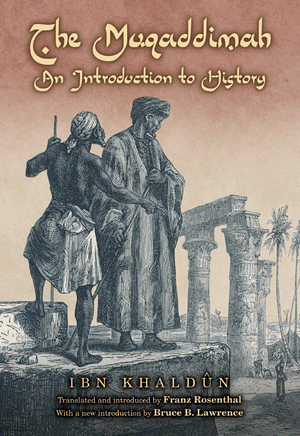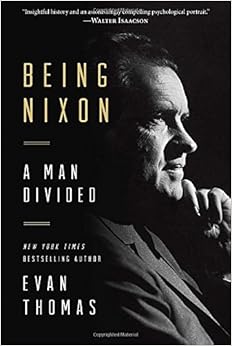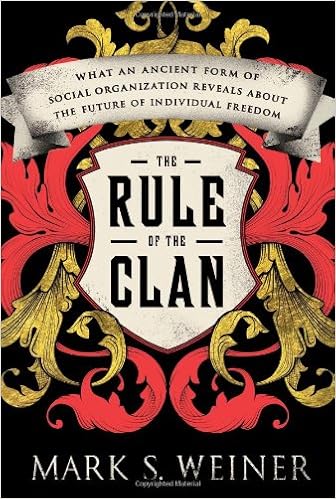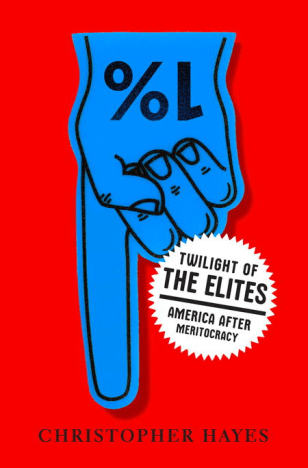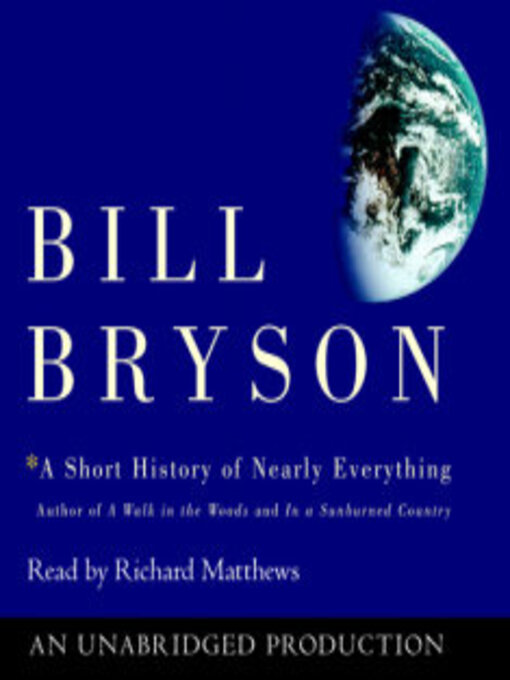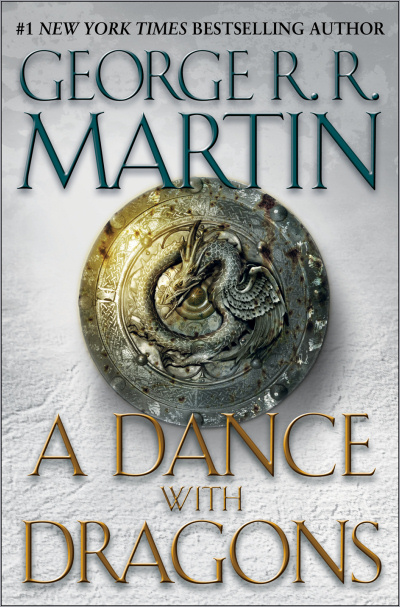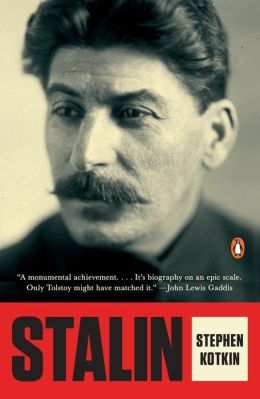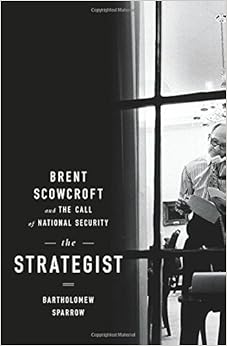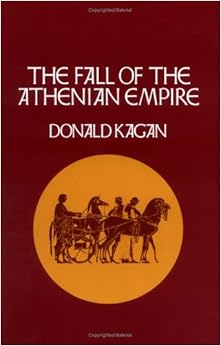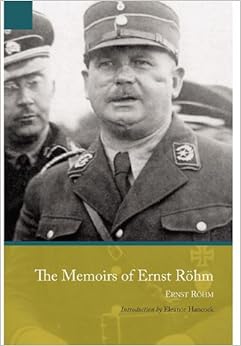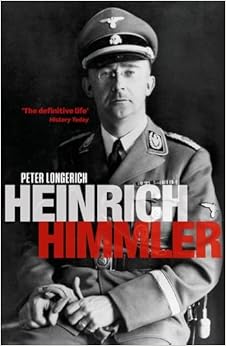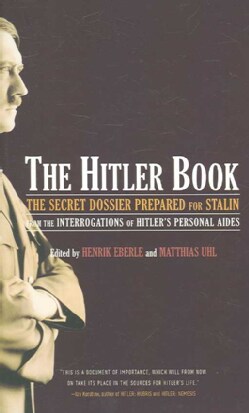A Plethora of New(ish) Books II.
Friday, September 16th, 2016[Mark Safranski / “zen“]
The Romanovs 1613-1918 by Simon Sebag Montefiore
Creative Schools by Sir Ken Robinson
White World Order, Black Power Politics by Robert Vitalis
Most Likely to Succeed: Preparing our Kids for the [….] by Tony Wagner & Ted Dintersmith
Technology and War by Martin van Creveld
Tough Liberal: Al Shanker and the Battle over Schools [….] by Richard Kahlenberg
With Arrow, Sword and Spear: A History of Warfare in the Ancient World by Alfred S. Bradford
The Teacher Wars: A History of America’s Most Embattled Profession by Dana Goldstein
Mercenaries in the Classical World by Stephen English
Long delayed part II.
Some repeat names in this batch; I have long been a fan of creativity theorist Sir Ken Robinson and eminent historians Simon Sebag Montefiore (Russia, USSR) and Martin van Creveld (War, Strategy) and own many of their other titles. These were easy choices – I’m curious to see how Montefiore’s Romanovs stacks up against the book of the same title by the late Russia scholar, W. Bruce Lincoln.
Some of these titles are outside my normal genres and political dispositions, but if you don’t read things that you might disagree with you’ll never learn anything new. The Vitalis book on the influence of African-American scholars on the evolution of international relations came highly recommended to me by Daniel Nexon so I thought I’d give it a go. The Shanker book I thought was interesting because Al Shanker was not only instrumental in shaping the teaching profession and unionism, he was a “Cold War liberal” and tough anti-communist of the kind the often bloody trade-union wars between the democratic Left and the pro-Soviet Communists in mid-century produced.
What are you reading?
